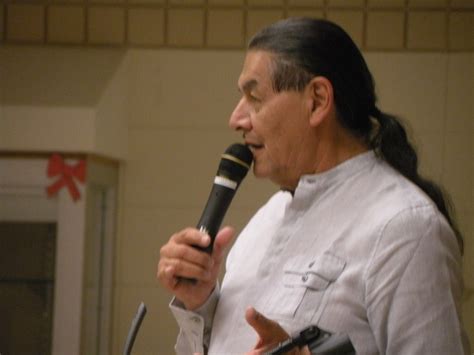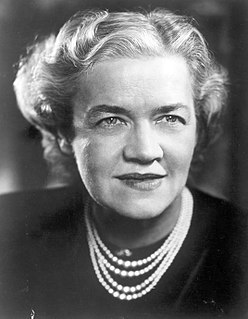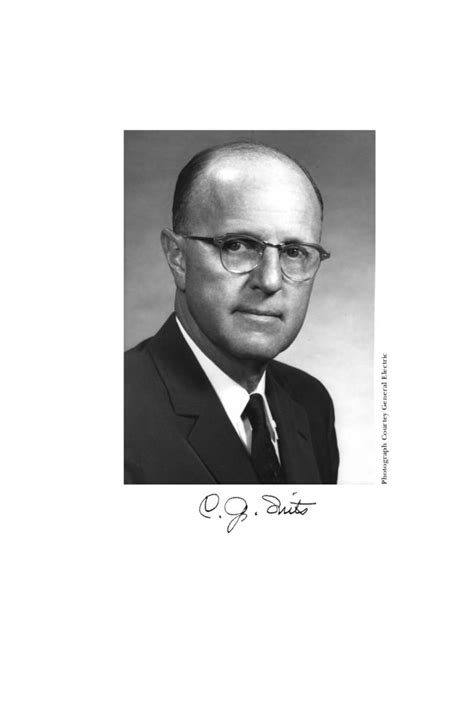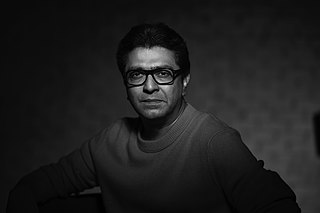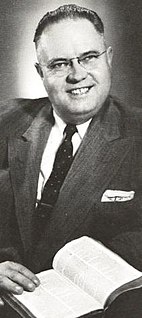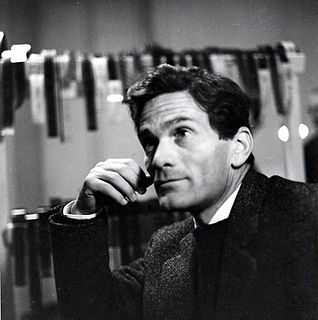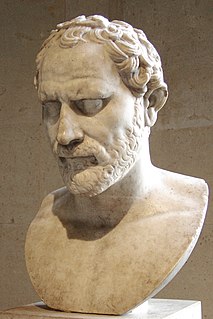A Quote by Joseph Pulitzer
Don't be sensitive if I should, in future, seem brusque, harsh, or even unjust in my criticism. I sincerely hope I never shall be; but if I should, remember that fault-finding is perhaps both my privilege and my weakness, that correction is the only road to improvement, and that my quick temper and illness are entitled to some consideration.
Related Quotes
Children who wish to become good and great men or good and noble women, should try to know well all the people whom they meet. Thus they will find that there is no one who has not much of good; and when they see some great folly, or some meanness, or some cowardice, or some fault or weakness in another person, they should examine themselves carefully. Then they will see that, perhaps, they too have some of the same fault in themselves - although perhaps it does not come out in the same way - and then they must try to conquer that fault.
According to the dictionary, knock has two definitions: "to strike something with a sharp blow," and "to find fault with, a harsh and often petty criticism." Perhaps in human relationships both of these meanings could apply. Almost all men will respond to sincere praise and rebel at harsh and cutting criticisms.
Weakness and strength are necessary for balance. No one or nothing is only weak or only strong. But some of us overlook our weaknesses, and even deny that we have them. That can be dangerous, because denying there is a weakness is in itself a weakness. Likewise, accepting that we have weaknesses becomes a strength. And by the same token, overestimating strength is a weakness. You should not be blinded by your strengths. The feeling of strength is not the same as having strength. Neither should you ignore your weaknesses. Know them well, too.
Although the cooking of food presents some unsolved problems, the quick warming of cooked food and the thawing of frozen food both open up some attractive uses. ... There is no important reason why the the housewife of the future should not purchase completely frozen meals at the grocery store just as she buys quick frozen vegetables. With a quick heating, high-frequency unit in her kitchen, food preparation from a pre-cooked, frozen meal becomes a simple matter.
And we should forget, day by day, what we have done; this is true non-attachment. And we should do something new. To do something new, of course we must know our past, and this is alright. But we should not keep holding onto anything we have done; we should only reflect on it. And we must have some idea of what we should do in the future. But the future is the future, the past is the past; now we should work on something new.
It is by no means enough that an officer should be capable. . . . He should be as well a gentleman of liberal education, refined manners, punctilious courtesy, and the nicest sense of personal honor. . . . No meritorious act of a subordinate should escape his attention, even if the reward be only one word of approval. Conversely, he should not be blind to a single fault in any subordinate.
It is not possible to found a lasting power upon injustice, perjury, and treachery. These may, perhaps, succeed for once, and borrow for awhile, from hope, a gay and flourishing appearance. But time betrays their weakness, and they fall into ruin of themselves. For, as in structures of every kind, the lower parts should have the greatest firmness--so the grounds and principles of actions should be just and true.



